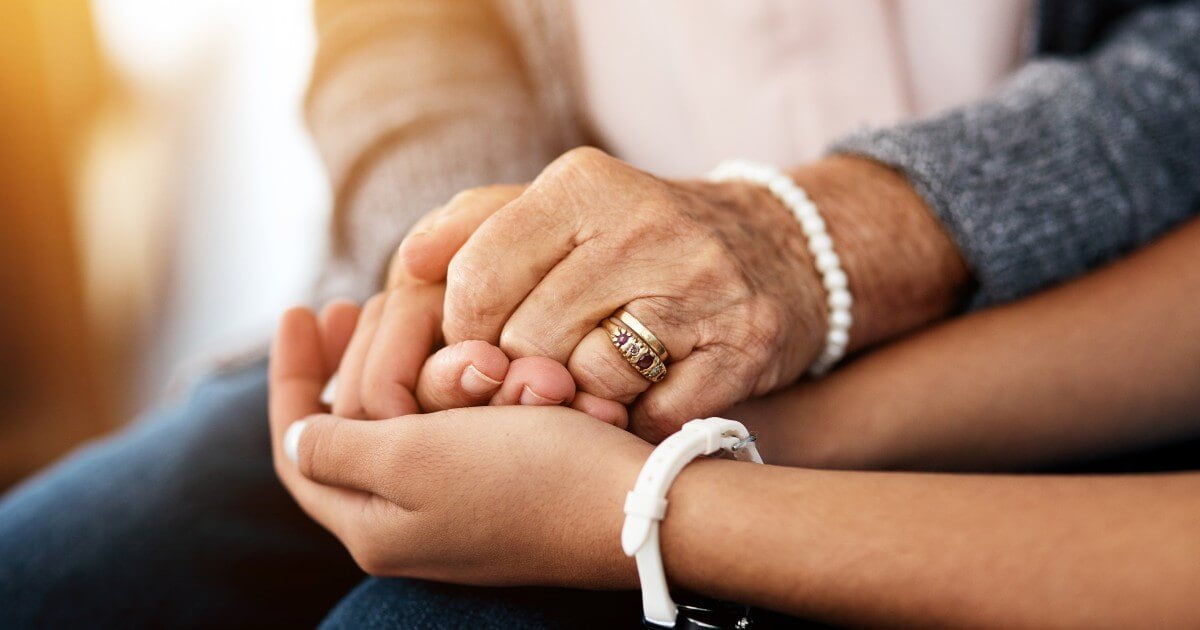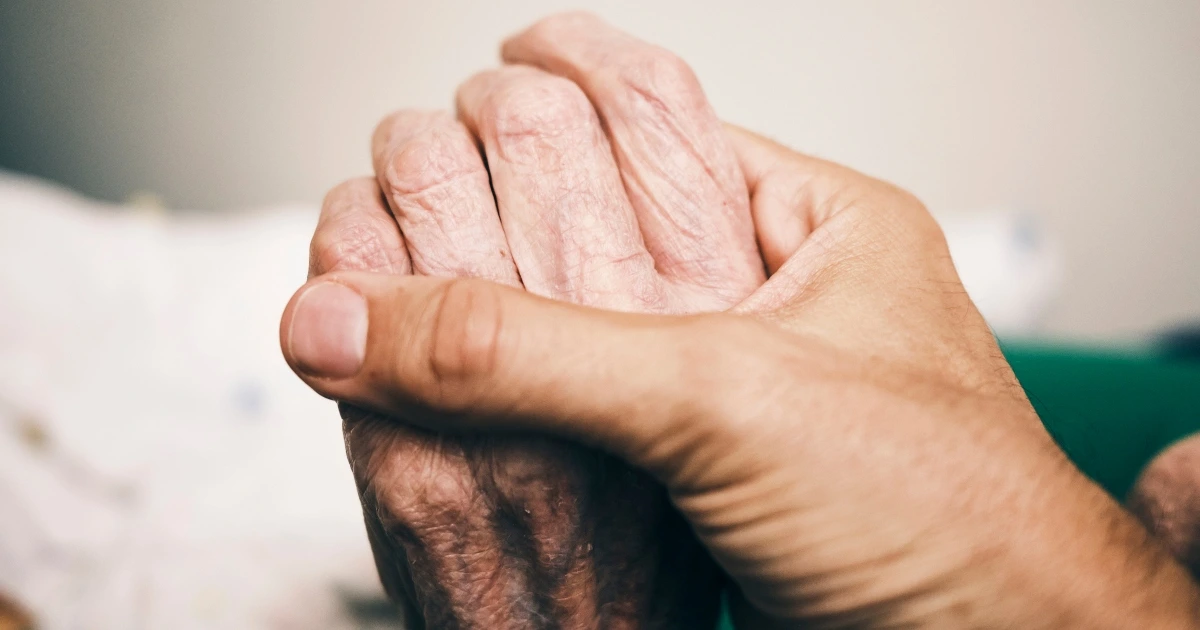 Approximately 6,600 cases of nursing home neglect or abuse were not reported in 2016, according to a watchdog report prepared by auditors with the Health and Human Services Inspector General’s Office. This represents about 18 percent of the 37,600 instances when a Medicare beneficiary was taken to the hospital.
Approximately 6,600 cases of nursing home neglect or abuse were not reported in 2016, according to a watchdog report prepared by auditors with the Health and Human Services Inspector General’s Office. This represents about 18 percent of the 37,600 instances when a Medicare beneficiary was taken to the hospital.
Federal law requires nursing homes to promptly report instances of suspected nursing home abuse, but this report shows that often does not happen.
If you suspect that your loved one is being abused or neglected, the licensed Wisconsin nursing home abuse lawyers at PKSD may be able to help. We are prepared to review your claim and discuss your potential legal options.
Call us today to schedule a free, no-obligation consultation.
Do Nursing Homes Intentionally Cover Up Abuse?
Sometimes nursing homes intentionally cover up abuse or neglect. Administrators know they can be held legally responsible for the actions of their employees and want to avoid getting sued, so they may fail to provide treatment for nursing home neglect injuries or even report them.
In other situations, nursing homes are simply understaffed, so there may be less time for each worker to spend with each patient. Workers and administrators may not notice or be informed about the injuries. Loved ones may not be able to see the residents very often and may not pick up on warning signs.
How to Report Neglect or Abuse
If you suspect that your loved one is being abused or neglected in a nursing home, you can report it to Wisconsin’s Division of Quality Assurance. Call their toll-free number at 1-800-642-6552 or complete the online complaint form.
Types and Signs of Nursing Home Neglect
There are various types of nursing home neglect that can harm patients in different ways, including:
- Medical neglect – This type of neglect can happen when staff are insufficiently trained in their duties or when a facility is understaffed. When residents do not receive their medications or other care when needed, it can lead to serious health concerns. It some cases, it may even cause death.
- Basic needs neglect – This is when a long-term care facility fails to provide a nursing home resident with sufficient food and water, clean bed sheets and a sterile environment. Dehydration and malnutrition are common results of this form of neglect.
- Personal hygiene neglect – Nursing home residents who are not given the proper assistance they need with bathing and grooming may look ungroomed, exhibit poor hygiene and develop infections.
- Emotional neglect – Emotional neglect occurs when the resident is often left alone or purposely not given the opportunity to engage socially with others.
Signs of nursing home neglect can often be subtle, making it difficult to detect early on, especially if loved ones do not live nearby. However, some common warning signs include:
- Changes in personality
- Social withdrawal
- Presence of bed sores
- Unexplained weight loss
- Falls
- Decline in personal hygiene
How a Lawyer Can Help If You Suspect Nursing Home Abuse or Neglect
If you have a case, a lawyer can investigate to determine how your loved one’s injuries occurred and take steps to hold the abuser accountable. An attorney can also gather evidence to help support your case, request medical records and interview witnesses that may aid in your claim.
Our attorneys at PKSD are dedicated to protecting the elderly residents of nursing homes. We charge no upfront fees and work on a contingency-fee basis, so you pay us nothing unless we are successful with your claim.
Contact us today to schedule a free, no-obligation consultation. Ph: 414-333-3333






